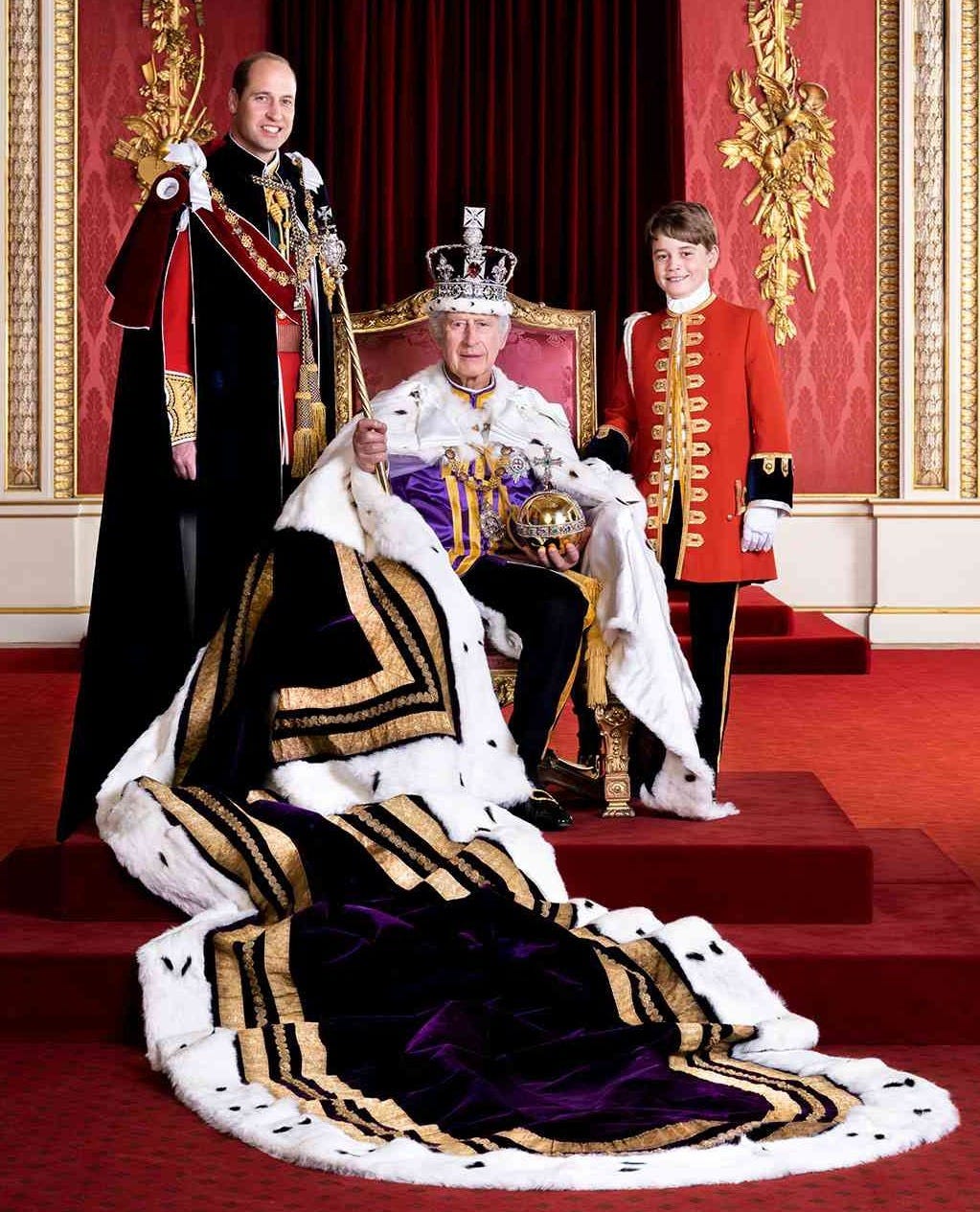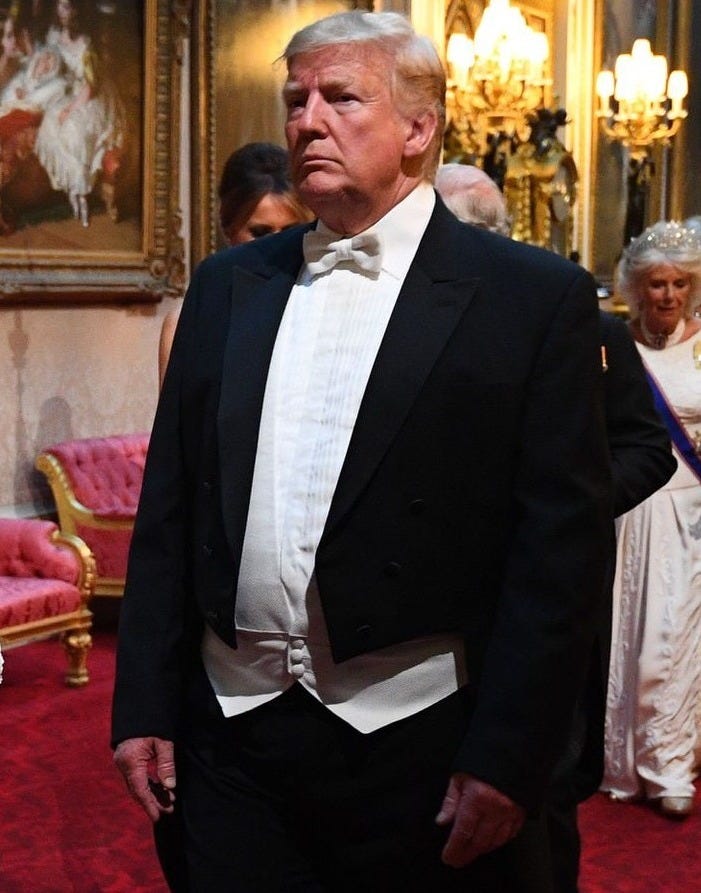Trump wants to overturn the American Revolution
"Sounds good to me!" Trump says about joining the British Commonwealth
A year before the 250th anniversary of the Declaration of Independence, Donald Trump has indicated he wouldn’t mind overturning the win in the American Revolution to join the British Commonwealth.
King Charles is reportedly offering the United States a spot in the Commonwealth, to smooth over Trump’s self-imposed tensions with Canada. Instead of responding in good humor with a “no, thanks,” and returning to normalized relations with Canada, Trump decided to boost the offer with the comment: “Sounds good to me!”
While the exchange could easily be brushed aside as more laughable than serious, we should consider the ramifications if Trump and the UK are, in fact, not joking.
Joining the Commonwealth of Nations isn’t like signing a treaty to enter NATO. It’s ceding sovereignty to the British crown. For the U.S., everything would be exchanged for nothing.
Mark Carney, new prime minister of Canada, was sworn in this month. He took an oath of faithfulness to King Charles, and pledged to be the king’s servant. That’s what it means to be a nation in the Commonwealth.
Carney was required to take two oaths: “I, Mark Carney, do swear that I will be faithful and bear true allegiance to his Majesty, King Charles III, King of Canada, his heirs, and successors.” And, “I, Mark Carney, do swear that I will be a true and faithful servant to his Majesty, King Charles III, as a member of his Majesty’s Privy Council for Canada.”
By contrast, American officials have always sworn an oath of loyalty to the U.S. Constitution. This establishes the rule of law (a republic) rather than the rule of will (a monarchy). Legally, the U.S. president, the people’s temporary employee in the White House, has no authority to supplant constitutional allegiance with an oath to the British crown.
Our Revolution wasn’t fought for nothing. A government of laws and not of men is our prize, rooted in the Declaration of Independence (“for the public Good”) and established in the Constitution. It is madness to suggest we should join a league of royal subjects, with the British monarch as its Head.
It would also be foolish to believe that just because nations in the Commonwealth enjoy self-government now, they always will. Anything is possible, when the rule of law is replaced by the rule of will. And we don’t know what the end goal is for Trump, since his agenda does not include consulting with the public.
Even if you think Donald Trump was joking—the fallback excuse for every off-the-wall comment—you should voice loud objection anyway. At best, he is making light of the American Revolution, and dishonoring those who fought and died for our nation’s liberty. Such talk isn’t acceptable, no matter who it’s from.
But at worst, Trump is testing to see how far he can trample on the Constitution before he faces opposition.
Again, this is being done, as with many other things from this administration, without the public’s input. Apparently, a Commonwealth association has been lobbied for since 2017, when British parliamentarian Nigel Farage—ironically, a leader for Brexit—pitched it to President Trump in his first term. Farage, now considered a Trump ally, celebrated the president’s recent enthusiasm (“Sounds good to me!”) as a serious endorsement. “A Commonwealth with the USA would complete the alliance of the English-speaking peoples,” Farage responded online, before taking credit for the launching “the Royal Commonwealth Society of America in 2017.”
Since the arrangement carries no benefit to the United States, the only motivation to join would be to diminish the governing capacity of citizens and to concentrate control in the hands of elites. Remember the wisdom of Ronald Reagan: “Concentrated power has always been the enemy of liberty.”
So here’s the question. If the president says our nation should fall to the British, will you make a sound?





